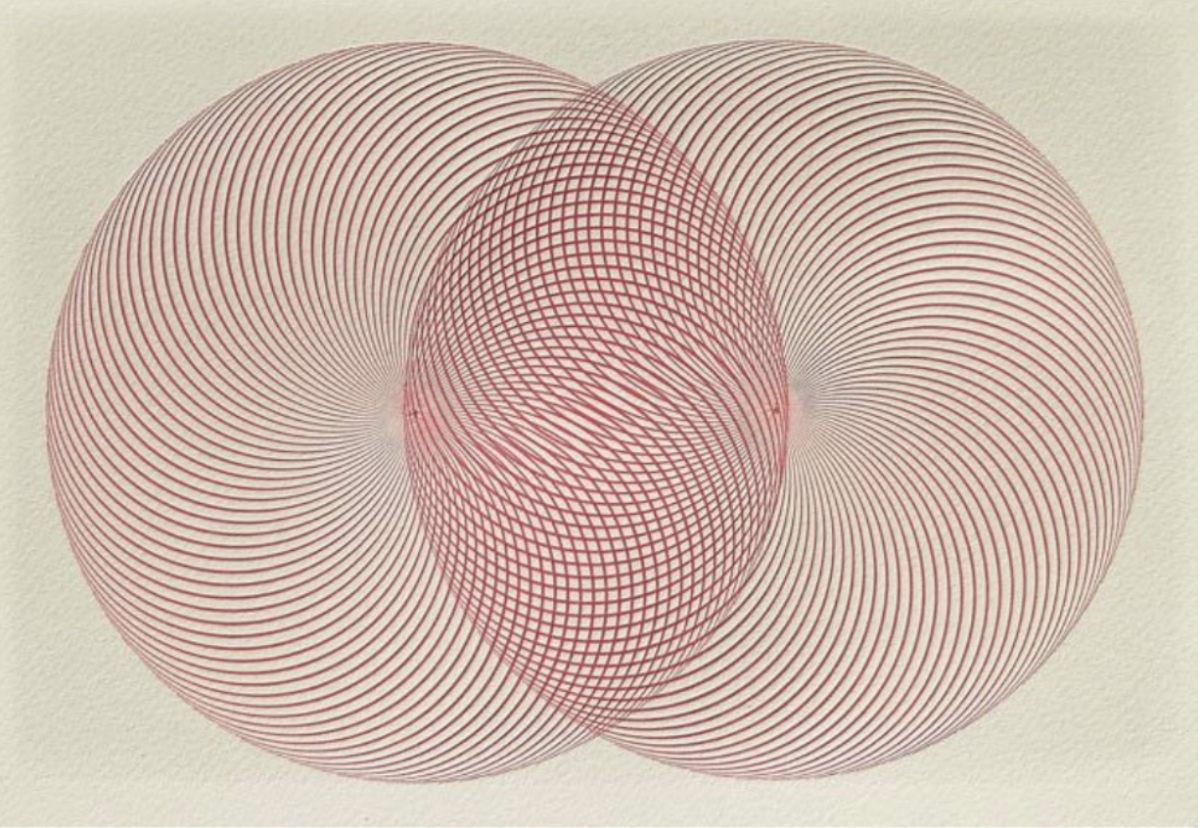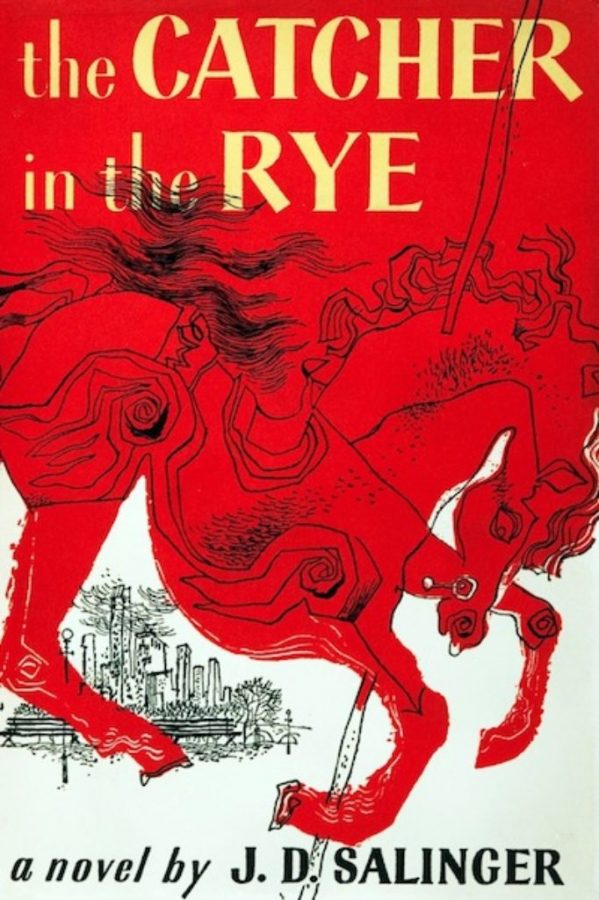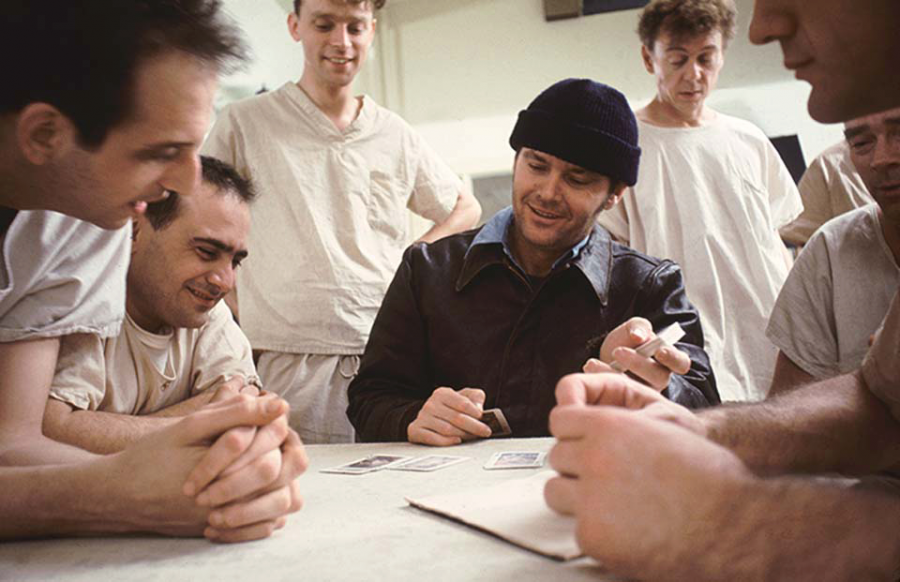An origami swan can be as real as a swan we may see floating down a lake. Just like a paper moon in the sky may appear to be just as real as the same yellow moon we see every night. Now that we have cameras and surveillance, we think we know what is real. But an image, or a glimpse into someone’s life from their balcony does not paint the whole picture. In George Orwell’s “1984,” there is a sense that no matter where one goes or what one does, one is being watched. Haruki Murakami’s magnum opus, “1Q84,” takes its protagonists out of their perceived reality and places them into a new world, one filled with endless battles of contrasting memories and alternate realities.
The novel, cleverly named “1Q84”, is a play on Orwell’s famous “1984” and the Japanese pronunciation of the number nine, which is pronounced as “Kyū” — sonically parallel to “Q” in English. The possibility of a story with themes similar to “1984” was what made me so drawn to the novel, and eventually what encouraged me to challenge myself to read its whopping 1,157 pages this summer.
A woman, a traffic jam, Janáček’s Sinfonietta and the possibility for a way out; the story commences at a perfect time, a pivotal decision. The first protagonist, Aomame, is late for her gig — which we come to find is murder via miniscule pin inserted into the nape of the necks of evil, abusive men. She needs to get out of her taxi, which has been in bumper-to-bumper traffic on the expressway to Shibuya, a part of the Tokyo Metropolis. The taxi driver suggests the stairwell beside the road, but he warns her that the world as she knows it might not be the same once she descends them. With little hesitation, she moves, crossing the large highway in a mini skirt and heels and, once down the stairs, unknowingly enters into the world of “1Q84.”
Aomame is no longer in the 1984 as we all know it; she is in a new world, a world where she has missed headlines, where the police carry large guns and where there are two moons hanging over the sky, shining brightly into her face, but also into the eyes of another man named Tengo, who comes to be the second protagonist.
The novel spans the worlds of Aomame and Tengo from the months of April to December 1984 in Tokyo and the surrounding suburbs. Exploring their early lives, themes of religion and parental abuse seem to populate their childhoods, revealing their connection to each other from a young age. Tengo becomes tasked with ghost-writing a novel for a teen girl, Fuka-Eri, who won a young writers prize. He transforms the novel, and the readers begin to realize the parallels between the novel and the problems Aomame is facing with her next victim, the leader of a large religious cult outside Tokyo, from which Fuki-Eri recently escaped. Eventually, the story progresses into a twisted, nail-biting, mystery thriller about the cult, Aomame and Tengo’s future, Fuki-Eri and a stalker who is slowly connecting the dots between Aomame and Tengo.
Despite the absurd length of this novel, a couple days after completion, I find myself yearning for the stories of Aomame and Tengo when I get ready for bed each night. The novel took me with it, through all its wrinkles of fantasy and mystery. Murakami feeds you a sense of childlike curiosity and provides a complex tanglement of stories, like a deep system of roots. you continue reading, you slowly find that each storyline is breaching the surface of the ground, and you come to realize that it’s all connected. This feeling could be described as a sort of cognitive climax. Everything you have been reading comes together, and you feel so excited and relieved – you just keep reading until you feel satisfied. Throughout “1Q84,” there are many instances where this feeling occurs; the connections that are made happen at the most perfect times and make you want to continue to unravel the complicated story that Murakami has crafted.
Because of this, “1Q84” does a fantastic job at making itself worth it. There is always a question of worth when picking up a new book. I often ask myself, what will I learn from this? What will this book give me for my time? I think “1Q84” tested that theory for me and allowed me to see if reading such an extensive story would pay off. I can say for certain that it did. I felt as if I too was making my way across Tokyo, contemplating the threat of being watched or even found, taking extra time to observe the moon and always keeping an eyeon jungle gyms.
There is one quote that Murakami includes before the novel begins: “It’s a Barnum and Bailey world, just as phony as it may be, but it wouldn’t be make-believe if you believed in me,” from the song “It’s only a Paper Moon” by Billy Rose and E.Y. “Yip” Harburg. A world that is Barnum and Bailey is one that has a circus-like function where people find themselves too busy trying to find their identity that they miss what’s real. The world can often run like a circus where nothing is as true as it may seem. A diluted touch of reality, a distance from the truth can send our minds running. But it also may let us see more than we thought we were capable of. Maybe that blurring of reality would even help us see two moons in the night sky.













































































































































































































